If the import of these products remains within the quota, the current rates are maintained, but increase to 25% if volumes exceed the established limits
A Chamber of Foreign Commerce (Camex)linked to the Ministry of Development, Industry, Foreign Trade and Services (Mdic)approved this Monday (24) a proposal to create import quotas for some types of steel (steelmaking items). If the import of these products remains within the quota, the current rates are maintained, but increase to 25% if volumes exceed the established limits. The decision will affect 11 types of steel – NCMs (Mercosur Common Nomenclature) -, a much smaller number than the 30 items for which the steel industry requested a surcharge. The rules defined by Camex will take into account the average imports of each item between 2020 and 2022. In practice, the government will apply the surcharge on products whose imports last year exceeded by 30% the average purchases in the three previous years. In other words, the higher Import Tax will be levied on products that entered Brazil massively from last year onwards.
Follow the Jovem Pan News channel and receive the main news on your WhatsApp!
The vice-president and minister of Development, Industry, Commerce and Services, Geraldo Alckminclassified the decision to establish quotas and surcharge items steel industry imported in excess as “judicious”. “Our analysis is that much of it will remain within the quota, without any changes,” she said. Regarding the decision to adopt the tariff barrier, Alckmin highlighted that last year there was a large increase in the import of some steel items – which in some cases reached more than 1,000%. “It is an important, basic industry, extremely necessary for the country,” said Alckmin. In fact, the government had been under strong pressure from national steel companies, which since last year have been warning about the invasion of Chinese steel into the Brazilian market. Some steel mills even deactivated production units – the case of Usiminas, in Cubatão –, others, such as Aperam, suspended investments due to the excess supply of steel in the national market. Even so, in a universe of around 200 steel items (NCMs), requests for increased taxation by steel mills focused on 31 products. The government will apply the new rule to only 11 items. With the intermediate solution, the government seeks a solution that does not have inflationary impacts or create a geopolitical problem, especially with the China. According to the Mdic, technical studies showed that the measure announced yesterday will not have an impact on consumer prices or products derived from the production chain. “During the 12 months, the government will monitor market behavior. The government’s expectation is that the decision will contribute to reducing the idle capacity of the national steel industry,” the ministry said in a statement.
Less pressure
The creation of quotas should alleviate pressure on national mills, which have been forced to maintain prices at a level below what would be appropriate, the president of the National Institute of Steel Distributors, Carlos Jorge Loureiro, told Estadão/Broadcast. “A possible price increase will depend on how the market is, and right now it is weak. We must close the first four months without growth, so we see a weaker interest in steel consumption.” He acknowledged, however, that there is a chance of a rush to import steel products. “At first there will be a greater entry of imports. Going forward, the volume of imports that was growing will probably undergo normalization,” he pondered. The president of the Brazilian Chamber of Construction Industry (CBIC), Renato Correia, told Estadão/Broadcast that the civil construction sector should not be affected by the government’s decision to establish quotas for the import of steel products, as rebar, the main product consumed by construction companies, was left out of the measure. Therefore, the prediction is that, if there is an impact, it will be indirect, said Correia. The Mdic informed that the decision to create quotas and apply surcharges will still have to be presented and analyzed by Brazil’s partners in Mercosur, before the measure is published in the Official Gazette of the Union (DOU). Therefore, the application of quota rules for the taxation of imported steel should only come into force within approximately 30 days. The measure will be valid for 12 months. Asked about a possible reaction from China, Alckmin assessed that the government’s decision should not affect relations between the countries. “See that the whole world is trying to establish criteria for their import tariffs. We only made this change for what was above the quota, and we gave a large quota,” he said, remembering the high idleness of the local industry. “There is more than 40% idleness in some areas. It was a measure to preserve employment, to encourage new investments, and which in reality is extremely careful”, defended the minister.
*With information from Estadão Conteúdo
Tags: Government creates quotas plans surcharge imported steel
--






